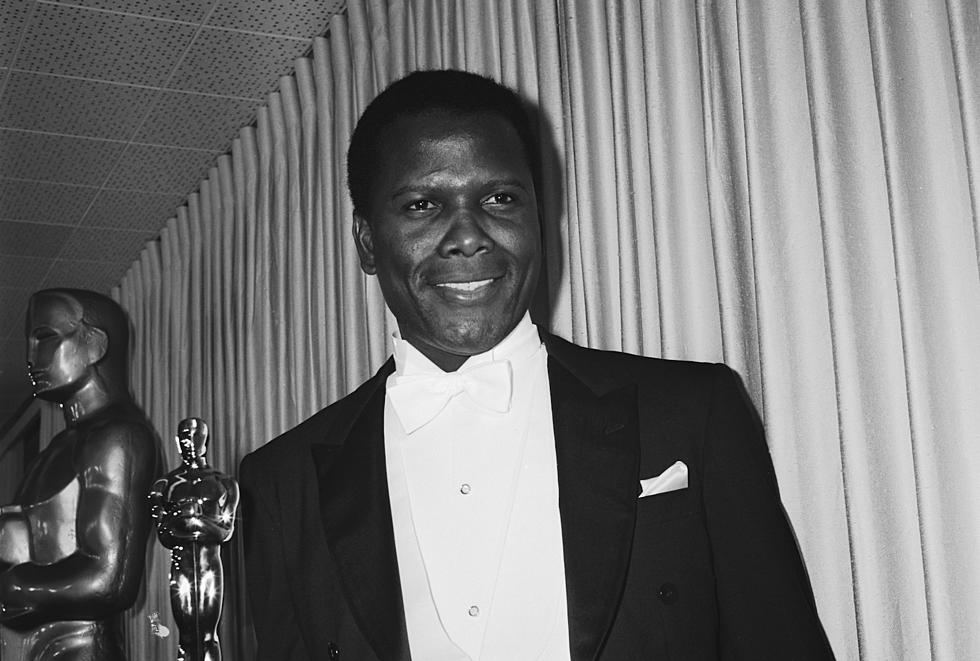
Sidney Poitier, Oscar-Winning Hollywood Legend, Dies at 94
One of the most popular and influential figures in Hollywood history has died. Sidney Poitier became the first Black man to win the Academy Award for Best Actor as part of a career that spanned decades and made him an international star. The press secretary for the Prime Minister of the Bahamas, Clint Watson, confirmed to CNN that Poitier died on Thursday. No cause of death was given. Poitier was 94 years old.
Born in Miami but raised in the Bahamas, Poitier moved to New York City and then served in the Army during World War II by lying about his age. After the war, he began working in theater, and then debuted onscreen in 1950’s No Way Out. A few years later he gained wider fame as a troubled teenager in 1955’s Blackboard Jungle.
Poitier won his Oscar for Lilies of the Field, a 1963 movie about an itinerant worker who helps a group of nuns build a chapel.
By the mid-1960s, Poitier was one of the biggest stars in Hollywood, and he appeared in a string of critical and commercial hits — many exploring the issue of race in America — including The Defiant Ones, A Raisin in the Sun, A Patch of Blue, To Sir, with Love, and Guess Who’s Coming to Dinner. In 1967, Poitier starred in the year’s Best Picture winner, In the Heat of the Night. He played Philadelphia cop Virgil Tibbs, who gets involved in a case in Mississippi and the local (and racist) police chief, played by Rod Steiger. In addition to winning the Oscar for Best Picture, it turned the Tibbs into a franchise hero; Poitier played the role two more times over the next few years.
In the 1970s, Poitier moved into directing, first with the western Buck and the Preacher, and then a series of very successful buddy comedies where he co-starred with Bill Cosby, starting with 1974’s Uptown Saturday Night. In 1980, he had a major hit as a director with Stir Crazy, a prison comedy starring Richard Pryor and Gene Wilder. The film grossed over $100 million at the box office and became the third-biggest hit of 1980, behind only The Empire Strikes Back and 9 to 5.
In his later years Poitier continued acting — he has a memorable role in the ’90s cult favorite Sneakers — but also branched out into politics; from 1997 to 2007 he was the Bahamas’ ambassador to Japan, and also spent a time as the Bahamas’ ambassador to UNESCO. He also wrote multiple books and received a slew of honors for his contributions to the arts, including a knighthood from Queen Elizabeth, the Presidential Medal of Freedom, and a Kennedy Center Honor.
Poitier once said “if I'm remembered for having done a few good things, and if my presence here has sparked some good energies, that's plenty.” He will be remembered for having done far more than a few good things, and his presence on and offscreen sparked enormous positive energy throughout Hollywood and the entire world. He leaves behind an incredible legacy.
The Best Movies of 2021

More From 102.9 WBLM










